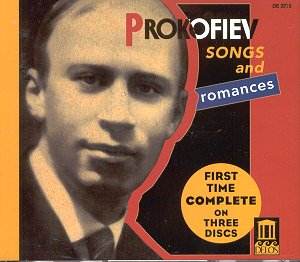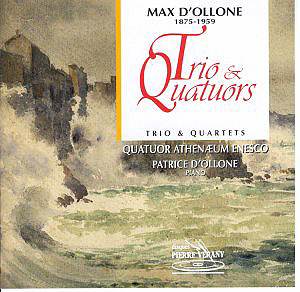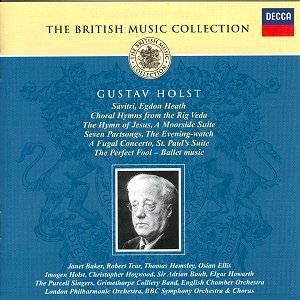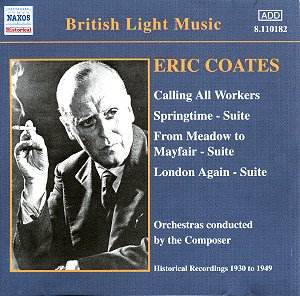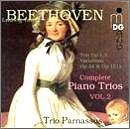 Composer: Ludwig van Beethoven
Composer: Ludwig van Beethoven
Works: Piano Trio in C minor, Op. 1 No. 3; 14 Variations in E flat, Op. 44; Variations in G, Op. 121a, ‘Kakadu’
Performers: Trio Parnassus (Wolfgang Schröder, violin; Michael Gross, cello; Chia Chou, piano)
Recording: Fürstliche Reitbahn Bad Arolsen, January 15th-16th, 2001
Label: Dabringhaus und Grimm MDG303 1052-2 [DDD] [60’03]
Ludwig van Beethoven’s contributions to the piano trio repertoire represent a significant evolution in compositional technique and emotional expression. The works featured in this second volume of Trio Parnassus’s cycle encompass not only the early exuberance of his Op. 1 but also the mature reflection found in his variations. The Piano Trio in C minor, Op. 1 No. 3, stands out as a pivotal work where Beethoven begins to establish his distinctive voice, characterized by an inner dynamism and a depth of emotional range that was not fully realized in the earlier trios.
The Trio Parnassus interprets the C minor Trio with an invigorating energy that captures the essence of Beethoven’s intentions. The opening movement unfolds with a quiet deliberation, where the ensemble deftly highlights the tension embedded in Beethoven’s unfolding drama. The dynamic contrasts are sharply delineated, allowing the listener to feel the surging energy that propels the music forward, particularly in the development section. In the third movement, marked ‘Menuetto,’ the trio avoids the pitfalls of a conventional courtly dance, opting instead for a more complex interplay of character and rhythm, which they navigate with impressive nuance.
Particularly noteworthy is the second movement’s theme and variations, where the Trio Parnassus excels in characterizing each variation with distinct colors and articulations. The well-captured pizzicato from the strings demonstrates the recording’s technical excellence, allowing these subtle details to resonate clearly. This attention to detail extends into the couplings, where Beethoven’s 14 Variations in E flat, Op. 44, and the ‘Kakadu’ Variations reveal his playful yet serious approach to the theme-and-variation form. The ensemble’s vibrant interpretation of the theme, executed with crisp staccato and deftly shifting moods, showcases Michael Gross’s cello particularly well, especially in the heart-stirring minor variation.
Recording quality is a fundamental aspect of this release, and the meticulous engineering allows for a rich and balanced sound. The spatial clarity enhances the listener’s experience, providing a vivid sense of the ensemble’s interaction. The ‘Kakadu’ Variations, with their dramatic adagio introduction, reaffirm Beethoven’s commitment to this form, hinting at the later complexity seen in his Diabelli Variations. The Trio’s cohesion, especially in the final variation marked ‘presto,’ underscores their technical prowess and deep musical understanding.
This disc emerges as a compelling representation of Beethoven’s early chamber music, realized through the passionate and articulate performances of Trio Parnassus. Their insightful interpretations bring fresh perspectives to these works, inviting both seasoned listeners and newcomers to appreciate the intricate layers of Beethoven’s genius. The combination of historical context, interpretative depth, and technical excellence culminates in a recording that not only honors the legacy of Beethoven but also enriches the listener’s experience, making it a valuable addition to the discography of his piano trios.
